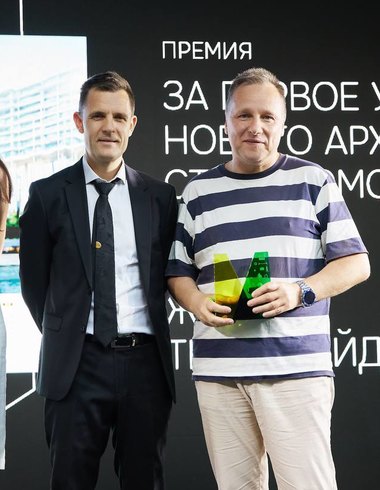Popular Lectures in February

In February, Popular Mechanics magazine will hold several sessions in its Popular Lectures series on a number of topics.
On February 3, psychologist Sergei Matz will talk about why emotions exist and their effects. Is it healthy or harmful to have a strong emotional response to something? What is the connection between the emotions we feel and those we actually express? How do concern and empathy form moral standards? Can we control ourselves so much that it would be impossible for others to know whether we are lying or telling the truth? How can we stop reacting too emotionally to little problems?
On February 10, physicist and neurologist Mikhail Burtsev will speak on “Cell space and navigation: Nobel Prize in physiology or robotics?" Most modern mobile robots are controlled by an independent operator. For robots that navigate autonomously, even the simplest solution – using a map – is very complex. And if no map is available to guide the robot or if the robot must chart new territory itself, the results are modest at best. The 2014 Nobel Prize in Physiology and Medicine was awarded for the study of neural navigation mechanisms in animals. What are these mechanisms and how do they work? How can this natural navigation system help robotics and can knowledge from the field of biology make robots smarter?
On February 17, cardiologist and physician Denis Komkov will discuss vitamins and dietary supplements. Are they medicinal drugs? How do experts evaluate their safety and efficacy? Can the body absorb them and should we take them to prevent or treat illnesses?
On February 24, biologist Maria Semenova will explain the most important about cloning humans and animals. How did a sheep named Dolly become the first animal ever cloned? If we can already clone our favorite pets and animals used to produce medicinal proteins for humans, why else would we need animal cloning? Are clones healthy? What setbacks do scientists encounter when cloning primates and humans? What is therapeutic and reproductive cloning? What is the likelihood that such procedures on humans would become legal in the future?
The lectures take place at Moscow’s Digital October center (Bersenevskaya Naberezhnaya 6, section 3) at 7:30 p.m.
Details are available online at .


